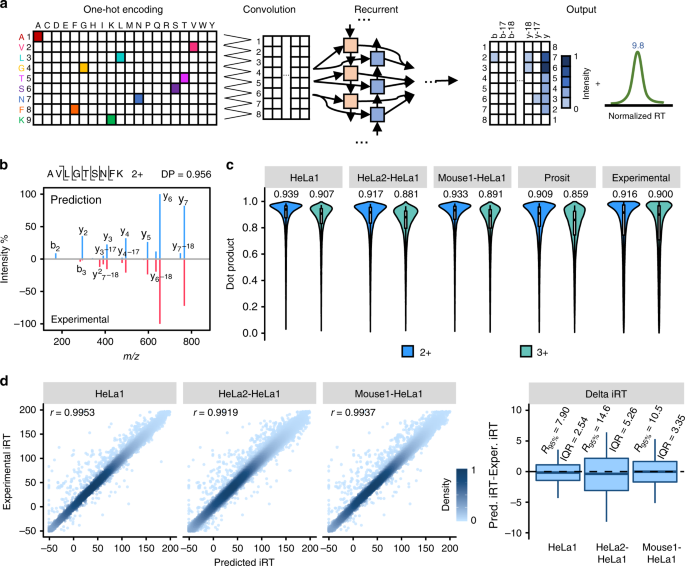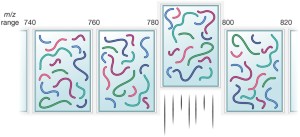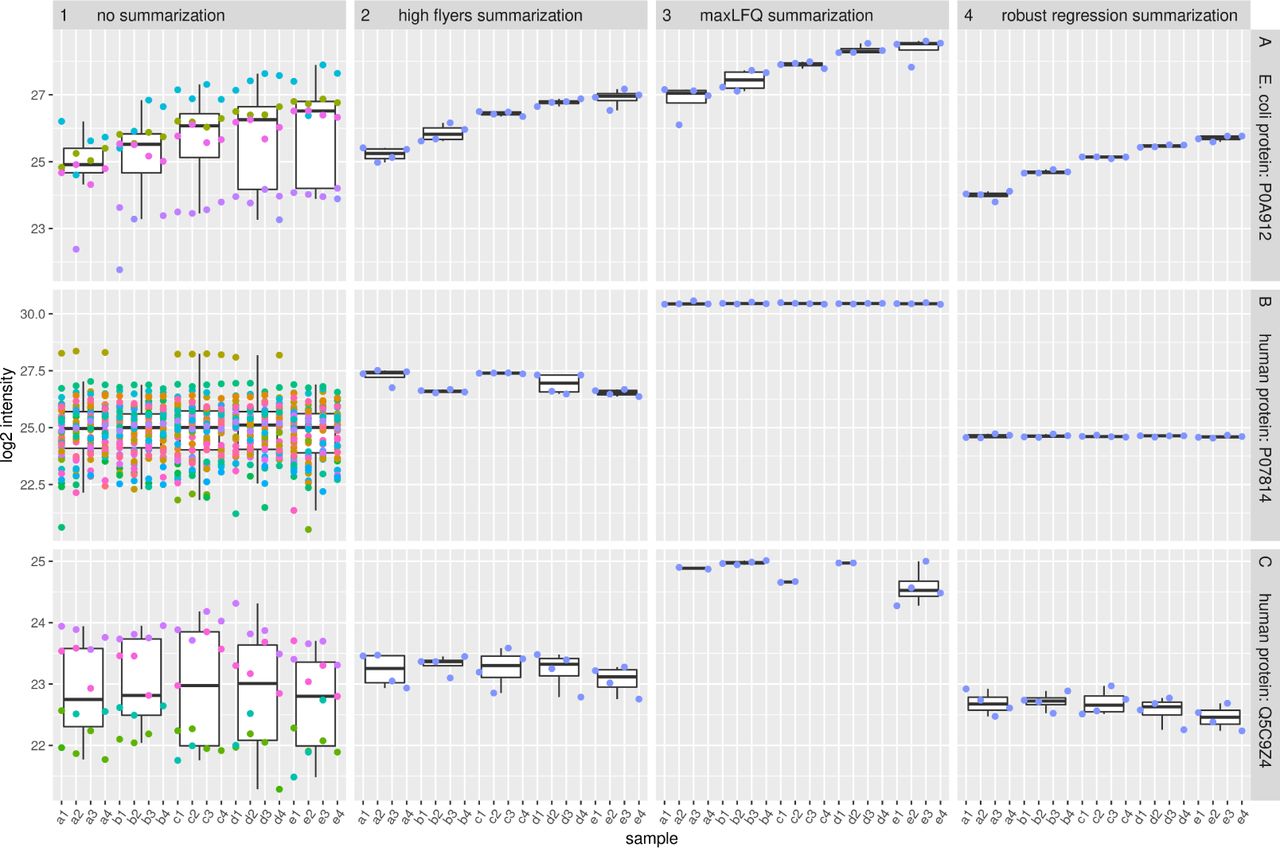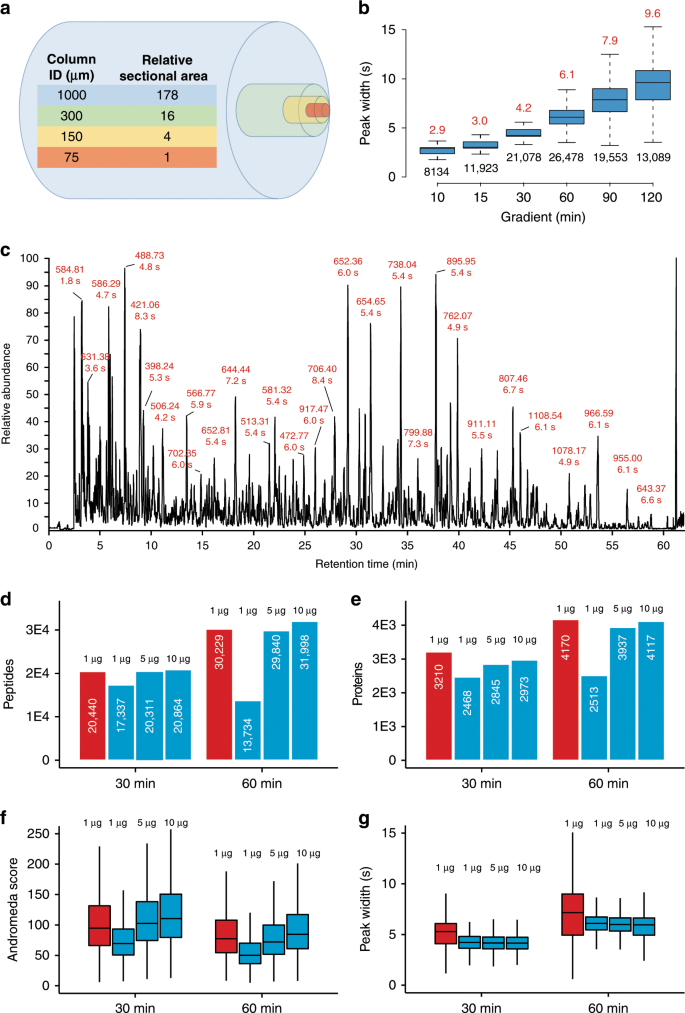
Robust, reproducible and quantitative analysis of thousands of proteomes by micro-flow LC–MS/MS | Nature Communications
Optimization of Experimental Parameters in Data-Independent Mass Spectrometry Significantly Increases Depth and Reproducibility

Data‐independent acquisition‐based SWATH‐MS for quantitative proteomics: a tutorial | Molecular Systems Biology
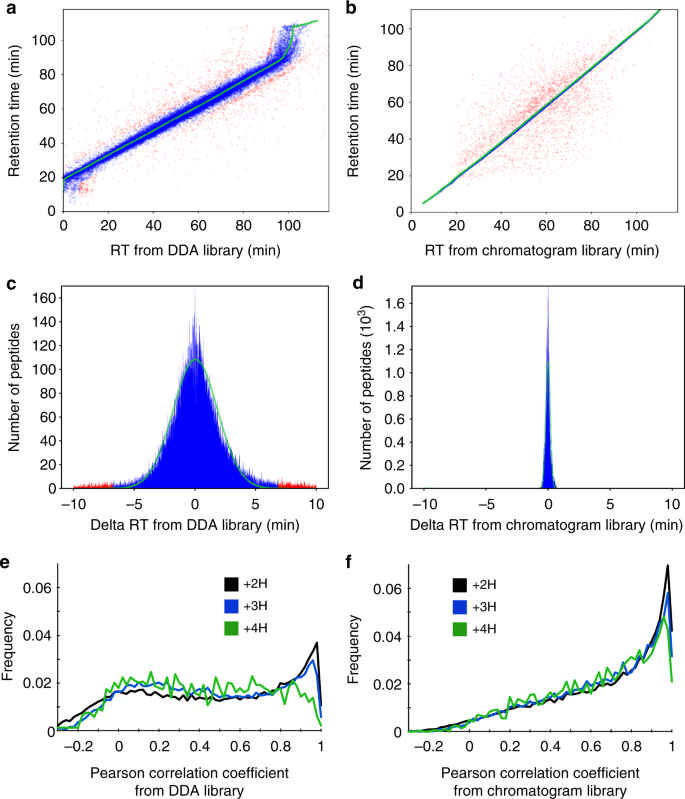
Chromatogram libraries improve peptide detection and quantification by data independent acquisition mass spectrometry | Nature Communications

DDIA: data dependent-independent acquisition proteomics - DDA and DIA in a single LC-MS/MS run | bioRxiv
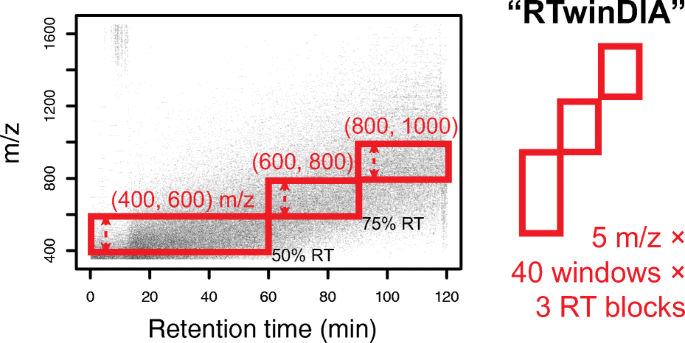
Assessing the Relationship Between Mass Window Width and Retention Time Scheduling on Protein Coverage for Data-Independent Acquisition | SpringerLink

Data‐independent acquisition‐based SWATH‐MS for quantitative proteomics: a tutorial | Molecular Systems Biology

Deep learning enables de novo peptide sequencing from data-independent-acquisition mass spectrometry | Nature Methods

PulseDIA: in-depth data independent acquisition mass spectrometry using enhanced gas phase fractionation | bioRxiv

Group-DIA: analyzing multiple data-independent acquisition mass spectrometry data files | Nature Methods
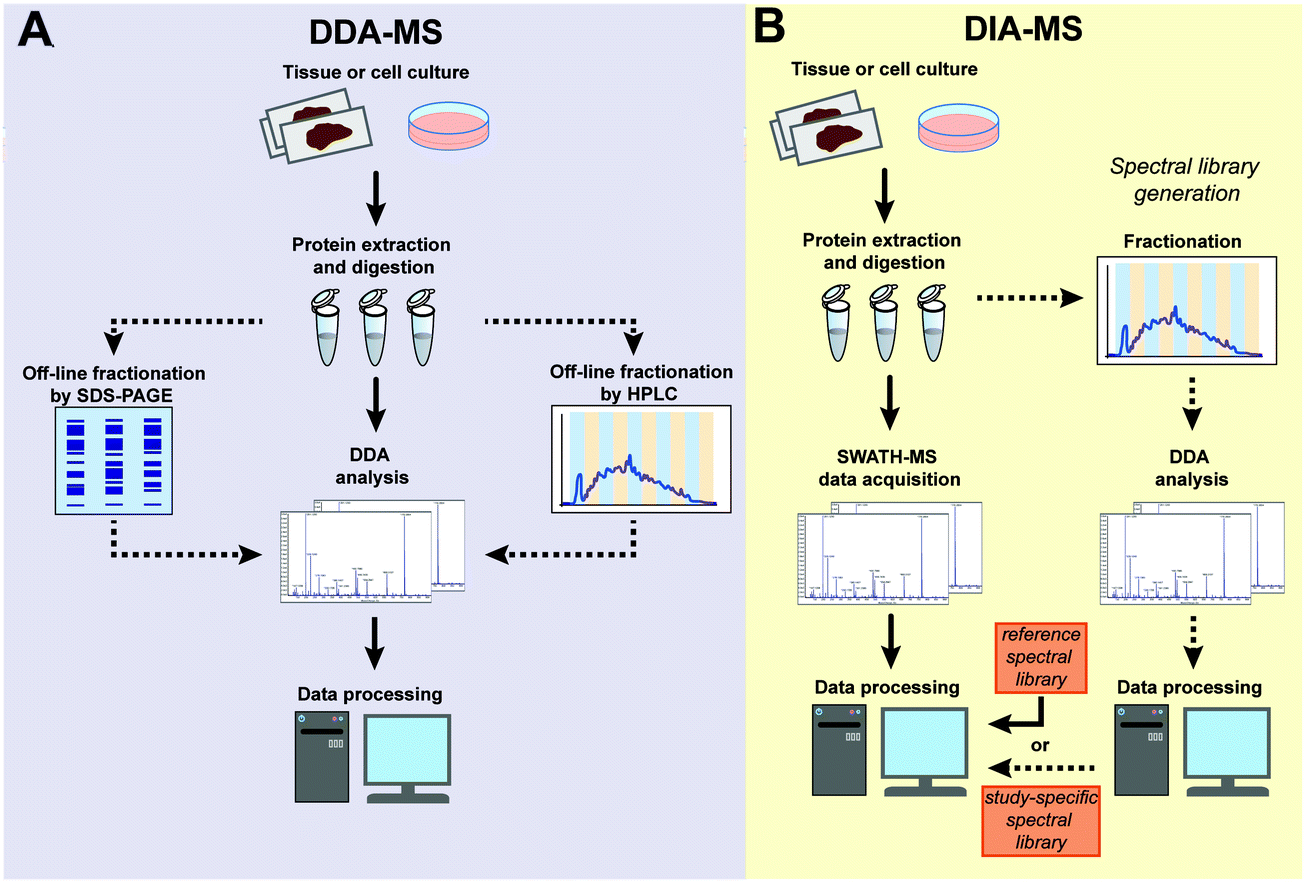
Data-independent acquisition mass spectrometry (DIA-MS) for proteomic applications in oncology - Molecular Omics (RSC Publishing) DOI:10.1039/D0MO00072H

Machine Learning in Mass Spectrometric Analysis of DIA Data - Xu - - PROTEOMICS - Wiley Online Library

PulseDIA: in-depth data independent acquisition mass spectrometry using enhanced gas phase fractionation | bioRxiv
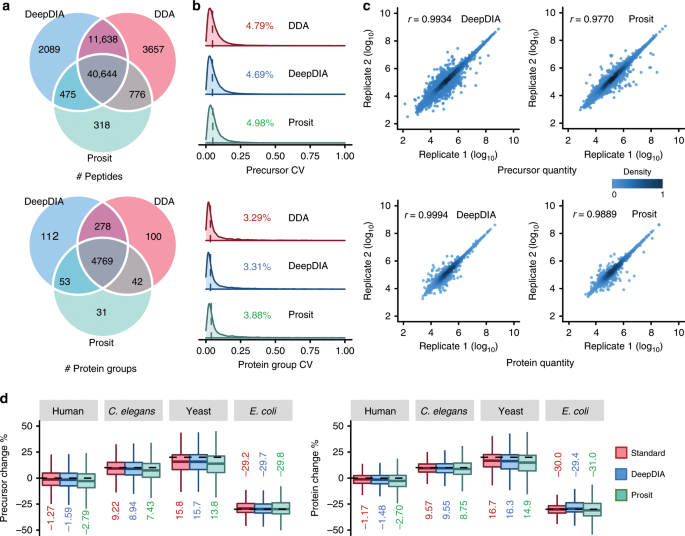
In silico spectral libraries by deep learning facilitate data-independent acquisition proteomics | Nature Communications
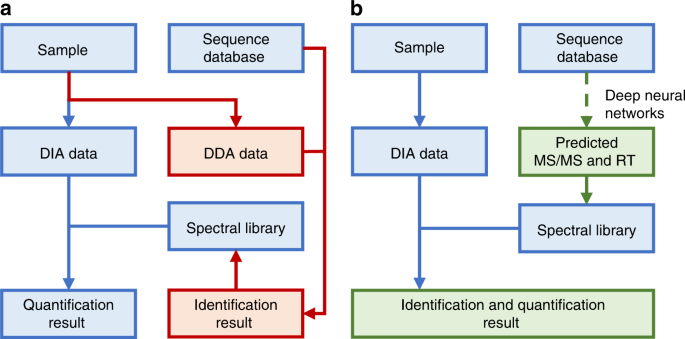
In silico spectral libraries by deep learning facilitate data-independent acquisition proteomics | Nature Communications
